currently I am working with mule esb in cloud, to achieve this I am using free trial version of Cloudhub. FYI, I am new to cloudhub and right now tring to deploy my mule application there. Unfortunately, everytime I tried to deploy my application, it can not be deployed.
I have tried 2 ways to deploy the apps.
The first one is from the Mule Studio, by following this documentation:
Deploy Apps to Cloudhub From Mule Studio
When I tried that way, I got following error:

I guess it was because of the proxy.
The second way I tried is by deploying it directly from the cloudhub.io, by following this documentation:
Deploying Apps Directly From Cloudhub.io
But, when I check on the deployment section, I found out, that my application is not uploaded. Then I tried to upload it again, update it, and run the application, but it seems that the application still not uploaded and the change I made is not applied.
Here is the error I got:

FYI, before I upload the application to cloudhub, I compressed the application folder into zip file.
How can I solved this problem? Do you think I did something wrong when deploying it? Thanks in advance.